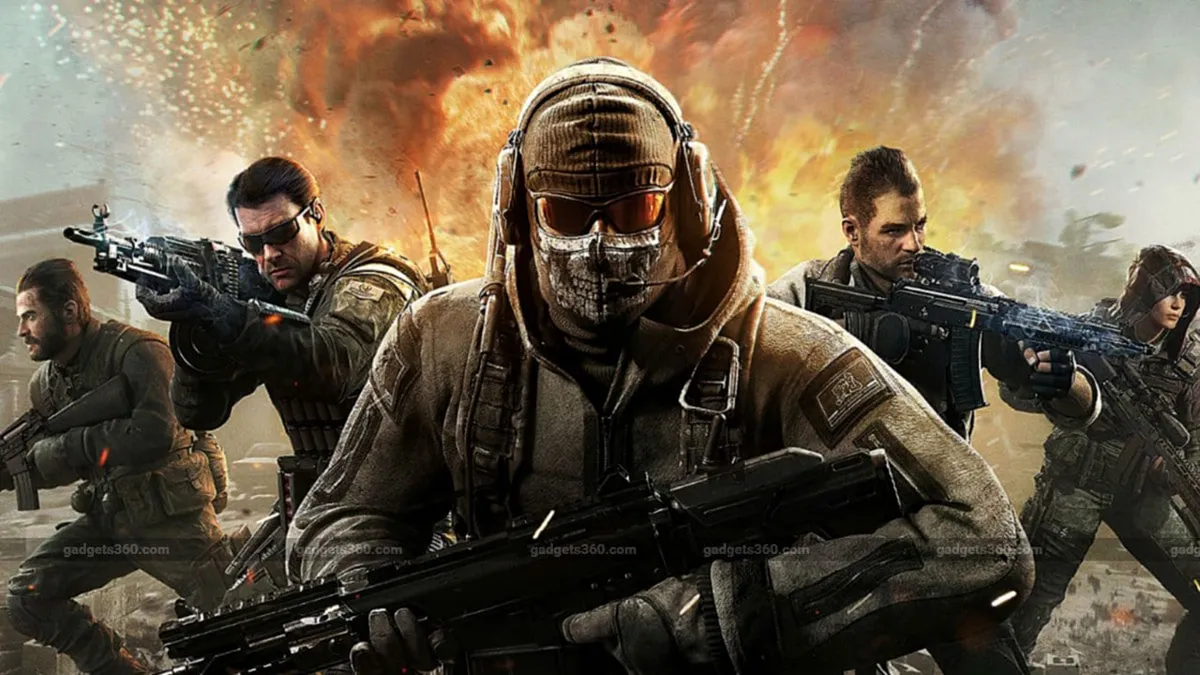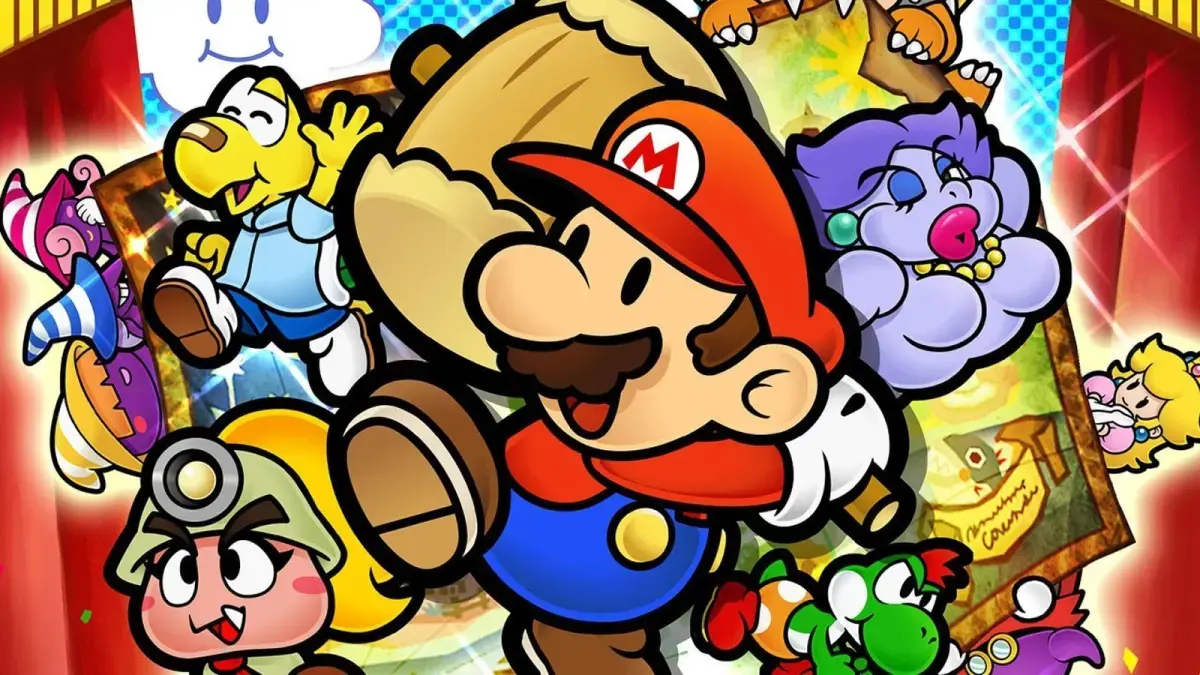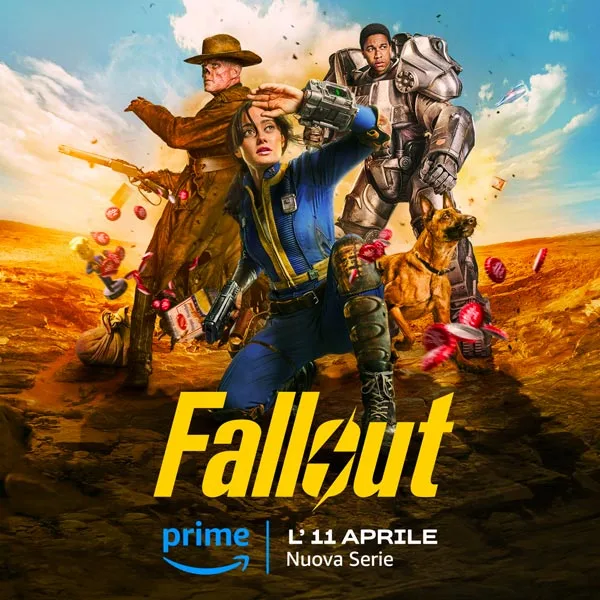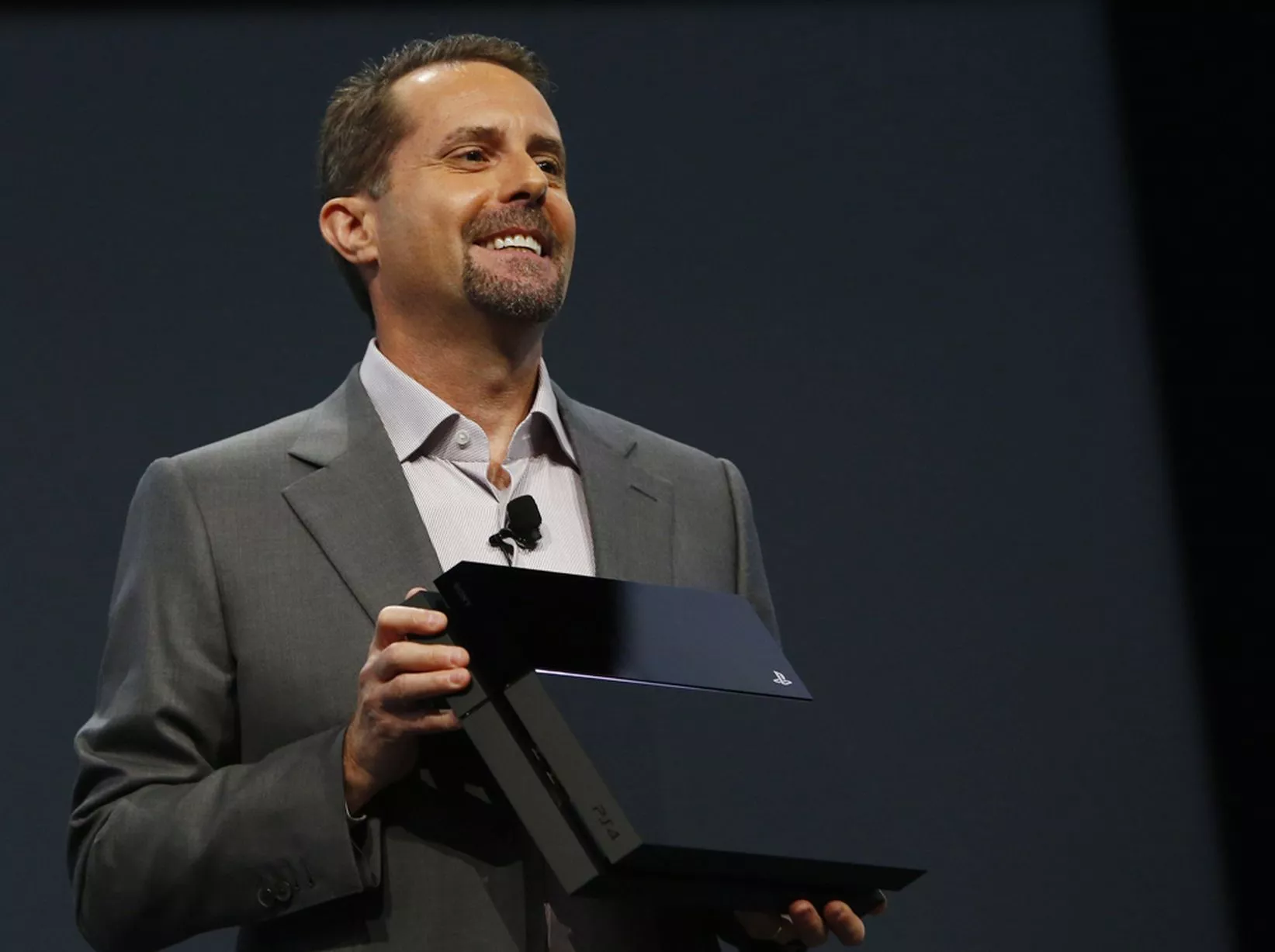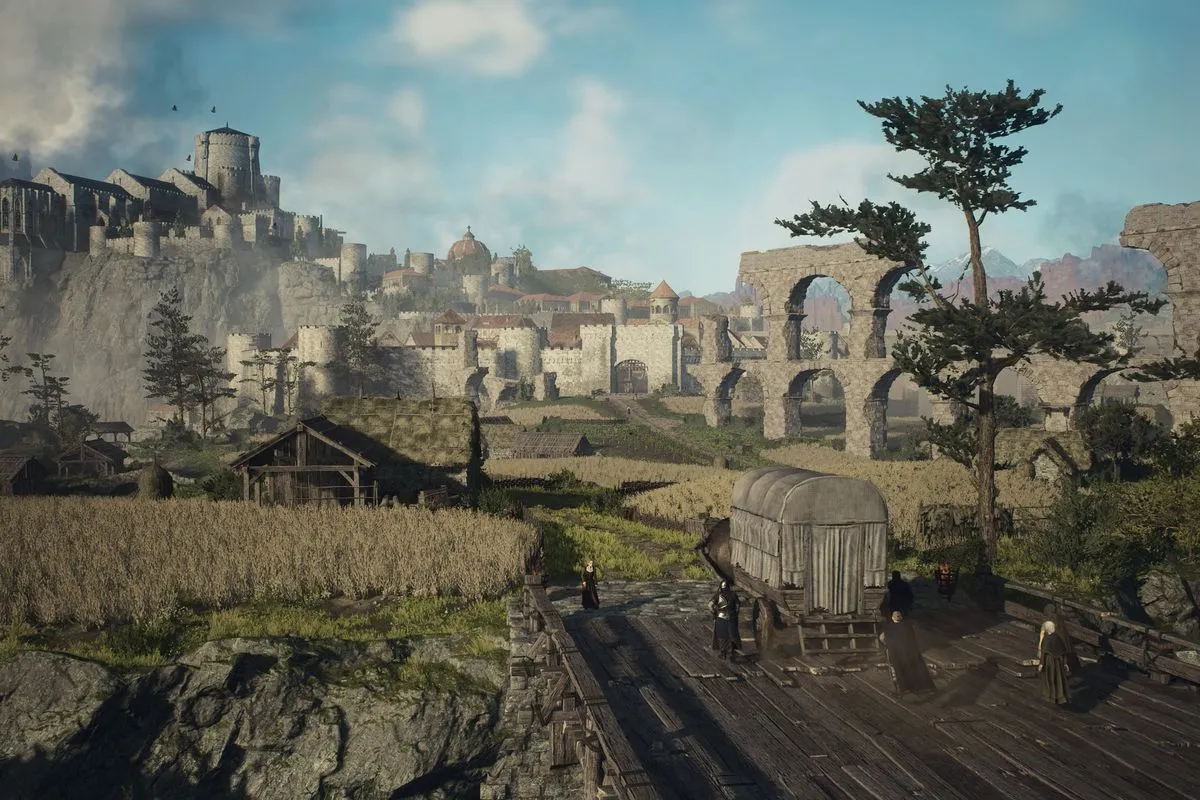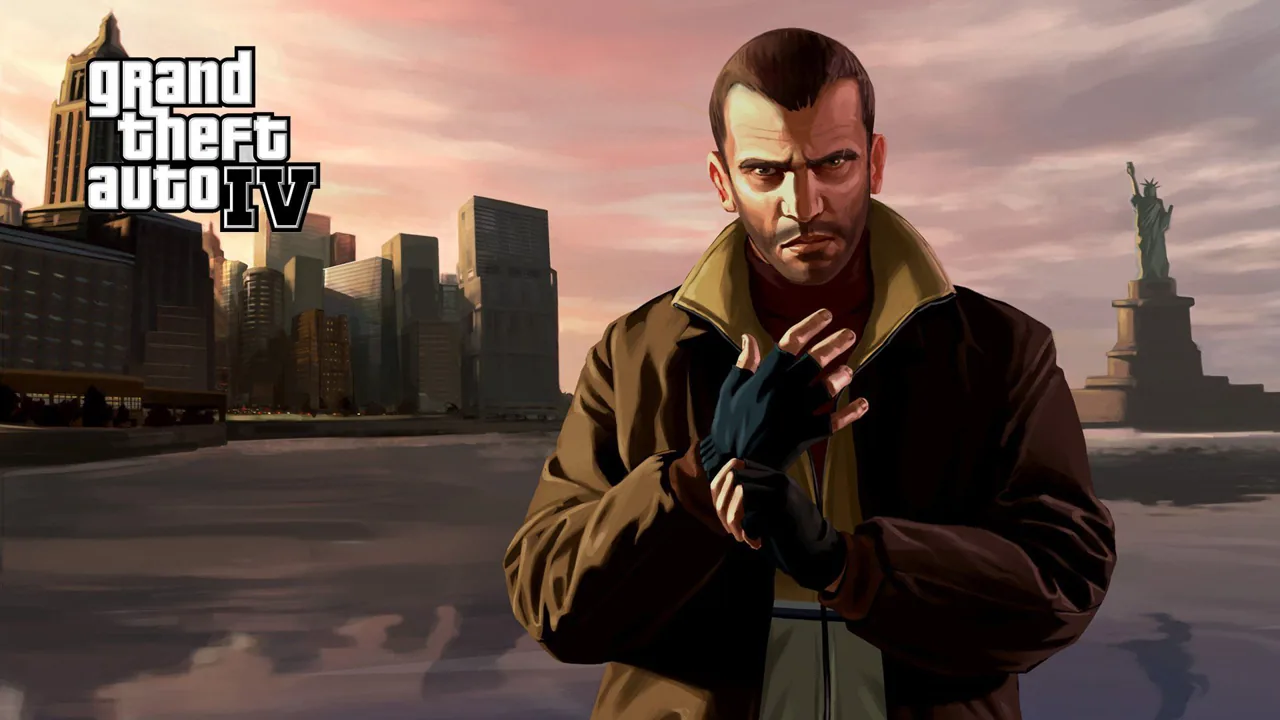Runic Games: Intervista
Dalle ceneri di Mythos, Runic Games sta facendo nascere Torchlight, un diretto discendente dei fasti alla Diablo, che sarà pubblicato prima come single player e poi come MMO. Ne abbiamo parlato brevemente con il team, con cui ritorneremo a chiaccherare dopo l’E3 per un approfondimento.

GS: Ritorniamo un attimo al fallimento della Flagship Studios. Cosa è successo da quel momento fino alla costituzione della Runic Games ?
Eric Schaefer: Il fallimento di Flagship successe d’improvviso e ci lasciò in stato di shock senza piani precisi per il futuro. Il team residente a Seattle che si occupava di Mythos aveva il desiderio di continuare a lavorare insieme e questo ha spinto Travis a parlare con me, mio fratello Max e Peter Hu su come far nascere una nuova casa di sviluppo. Amavamo il fatto di poter ricreare la magia, programmare un gioco simile a Mythos, ma ovviamente anche migliore. Così abbiamo investito personalmente, aspettando di poter avere un contratto, e stiamo contattando publisher e aziende finanziarie per poter continuare la nostra avventura (e il contratto con Perfect World Entertainment? Indagheremo, ndr).

GS: Ci puoi parlare un pò delle precedenti esperienze del team di Runic Games?
Eric Schaefer : Comprende l’intero team di Mythos, una branca indipendente di Flagship Studios. Travis Baldree era responsabile in precedenza del gioco Fate, con l’aiuto di un paio di elementi del team. Max e Eric Schaefer, Peter Hu, e Matt Uelman vengono da Blizzard Entertainment dove erano tra i responsabili nei team di Diablo e Diablo II.

GS: Quando di Mythos troveremo in Torchlight? E quanto Torchlight sarà nuovo ?
John Dunbar: Torchlight è stato ideato dal nulla, e niente è stato importato direttamente da Mythos. Lo stile artistico, i dungeon, il combattimento e il lore sono stati cambiati in meglio. Le basi sono le stesse: Torchlight è ancora improntato ad un rapido combattimento viscerale contro orde di mostri. Siamo rimasti dispiaciuti di perdere Mythos, ma adesso capiamo che è stata tutta pratica per produrre il vero gioco che volevamo.

GS: I giochi gdr d’azione mi rimandano a Diablo. Perchè dovrei giocare a Torchlight quando ci sarà anche Diablo III sul mercato, a fine anno?
Eric Schaefer : L’estetica, lo scopo e il modello business di Torchlight sono completamente differenti da Diablo III. Inoltre uno dei due Torchligh sarà MMO, quindi con migliaia di personaggi che condivideranno lo stesso unviverso virtuale contemporaneamente, incontrandosi casualmente mentre combattono, disputano territori o guidano gilde. Sarà inoltre free-to-play e il gioco single player sarà più economico che i suoi diretti rivali. La ragione principale per giocare a Torchlight è che sarà più divertente. Mentre non possiamo competere con giganti dell’industria sul piano economico, possiamo competere con l’esperienza e Runic Games ne ha molta di più di altre software house. Penso che molti giocatori troveranno Torchlight veloce, più creativo e implementato con una serie di divertenti mini-giochi, oltre che di segreti da scoprire.

GS: Modello di pagamento a micro-transazioni e localizzazione per un ampio spettro di paesi. Pensi che il f2p sia il metodo migliore per i MMO? Come bilanciare i differenti contenuti? Ci saranno differenze fra la versione occidentale e quella orientale considerando che Perfect World Entertainment ha un approccio tipicamente coreano ai giochi?
John Dunbar: Una delle cose più importanti da tenere a mente quando si sviluppa un f2p è che deve essere divertente per tutti. La gente che paga per avere qualcosa in cambio dei suoi soldi è importante ma si deve divertire allo stesso modo delle persone che non spendono un centesimo. Anche perchè queste ultime costituiscono la base più ampia di giocatori. Se loro lasciano perchè non si divertono, il mondo risulterà vuoto. Penso che sia un gran sistema per i MMO perchè apre le porte a molte persone che altrimenti non giocherebbero ed inoltre assicura di provare il gioco prima di spenderci realmente dei soldi, se uno vuole. Rendere il tutto bilanciato è senz’altro impegnativo, ascolteremo l’esperienza di Perfect World mentre metteremo a punto il nostro sistema.

GS: Cosa pensi dell’attuale panorama MMO ? c’è qualcosa di nuovo in vista?
John Dunbar: Penso che sia ora che qualcosa di fresco e con un nuovo stile venga fuori. E’ difficile per i nuovi titoli competere e farsi notare in un mare di cloni di Everquest. E come giocatore non sono più interessato a quel tipo di gioco. Ora come ora voglio qualcosa di molto più veloce a livello di azione che non mi richieda un numero esagerato di ore da passare davanti al PC ed è per questo che stiamo creando Torchlight.
Ringraziamo Runic Games per la breve intervista.
,
Before E3 we have the possibility to talk briefly with Runic Games about their new project, Torchlight, born after the end of Flagship Studios and Mythos.

1: GS: Let’s come back for a while to the Flagship studios failure. What has happened since those days until the establishment of RunicGames? What were the steps?
Erich Schaefer: Flagship’s demise happened fast and was somewhat of a shock which left most of us without definitive plans for the future. The Seattle Mythos team had a desire to stay together and their lead Travis talked with me, my brother Max and Peter Hu about how to get a new studio started. We all liked the goal of recreating the magic; making a game similar to Mythos, but, of course, better in every way. So with some personal investment, to keep the team operating until we could make a deal, we set out talking to publishers and financiers to back our new venture.

2: GS: Could you talk a little about the previous experiences of RunicGames Team?
Erich Schaefer: The Runic Games team is comprised of the entire Mythos team, an independent branch of Flagship Studios. Travis Baldree was earlier responsible for the game Fate, with help from a couple other members of the team. Max and Erich Schaefer, Peter Hu, and Matt Uelmen come from Blizzard Entertainment where they were key leads on the Diablo and Diablo II teams.

3: GS: How much of Mythos we will find in Torchlight? And how much Torchlight will be fresh new?
John Dunbar: Torchlight was built from scratch, with nothing in it carrying directly over from Mythos. The art style, dungeons, combat, and lore have all changed for the better. The basics are the same though; Torchlight is still focused on fast paced, visceral combat against hordes of monsters. We were disappointed to lose Mythos, but now we see it as a practice run for the real game.

4: GS: Rpg-action games remind me to Diablo. Why I would to play your game when there will be also Diablo III out there, late this year?
Erich Schaefer: Torchlight’s aesthetics, scope and business models are completely different. Torchlight MMO will actually be an MMO, with thousands of characters sharing the same world, randomly encountering each other while adventuring, and contesting territories as guilds. Torchlight MMO will be free-to-play and the Single Player version will be significantly cheaper than the competition. The major reason to play Torchlight, though, is it will be more fun. While we can’t compete with the budget and production values of our giant competitors, the Runic Games team has much more experience with these types of games. I think many players will find Torchlight faster-paced, more creative and packed with cooler mini-games and secrets.

5: GS: F2p model and micro-transactions, but also localizations for a wide range of countries. Do you think that this kind of payment method is the best for MMOs, actually? How to balance the whole thing? Will there be differences between the western and the eastern version of Torchlight (MMO side), considering Perfect world great but typical korean approach to the games?
John Dunbar: One of the most important things to keep in mind with micro-transaction based games is that they have to be fun for everyone. People who pay have to get something worthwhile for their money, and just as importantly, people who never spend a dime still have to really enjoy the game. The people who don’t spend money are important, because they actually make up the majority of the player-base. If they don’t have fun and they leave, then the game world feels empty.
I think it’s a great system for MMOs, because it opens the gate to a lot of people who wouldn’t play otherwise, and players can be sure they like the game before they even think about spending any money on it. Getting the right balance is definitely tricky, we’ll be listening to Perfect World’s experience while planning our system.

6: GS: What do you think about the actual MMOs panorama? Do you think that a new kind of MMO is in sight or not?
John Dunbar: I definitely think now is the time for new styles of MMOs to pop up. It’s really difficult for new titles to compete and get noticed in the current flood of Everquest-style MMOs, and as a player I’m not really interested in that type of game anymore. Right now I would like to play an MMO with much faster action that doesn’t demand I play for several hours at a stretch, and that’s what we’re making with Torchlight.
Thx to Runic Games for the interview.
